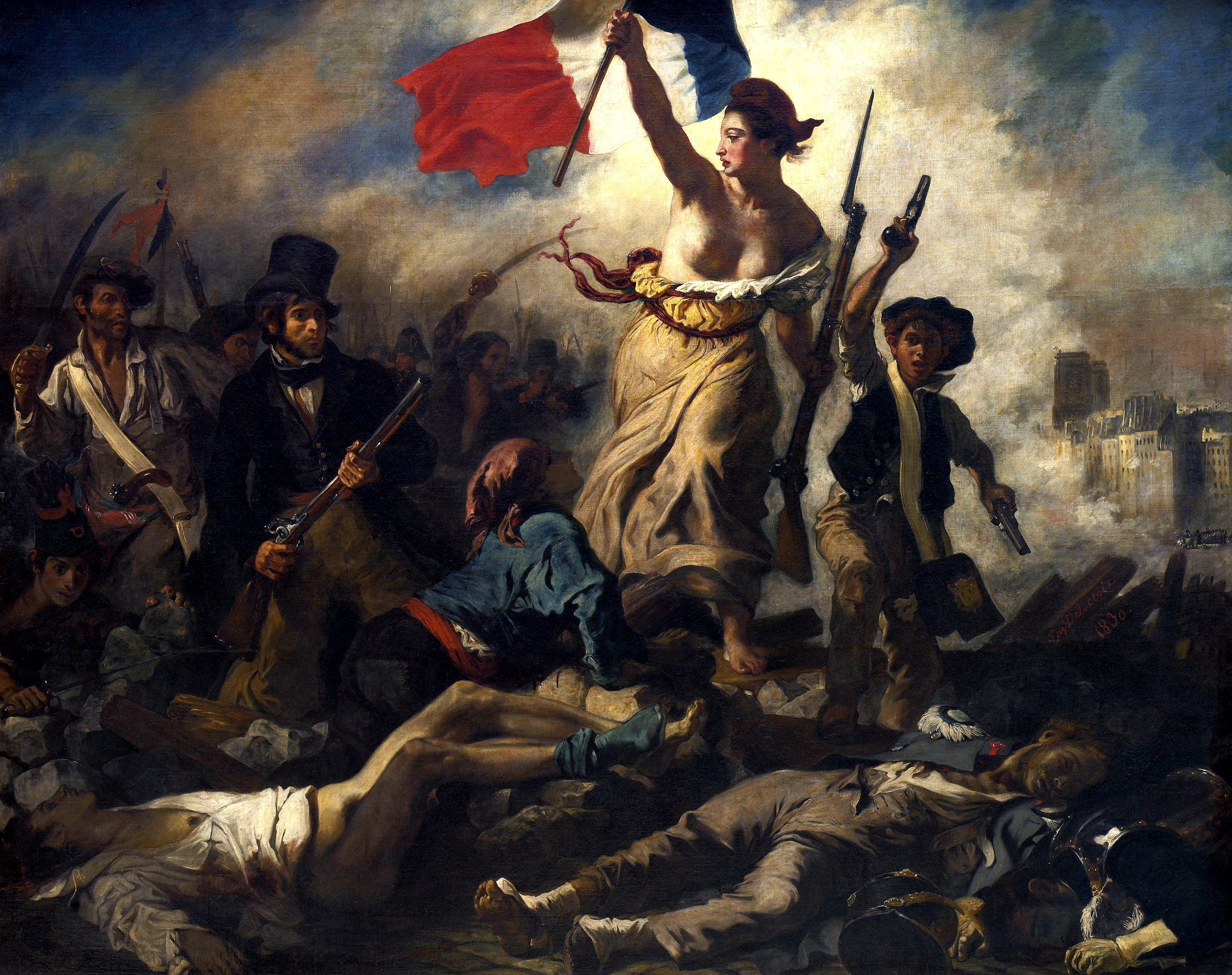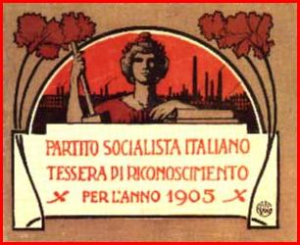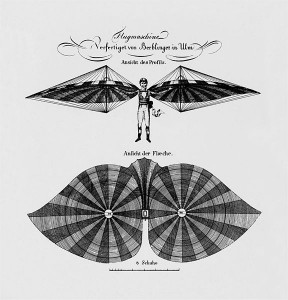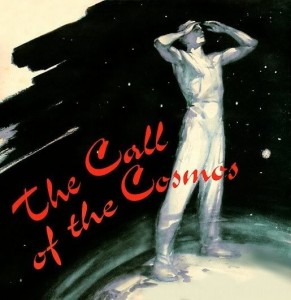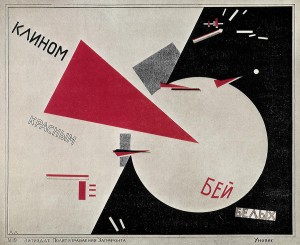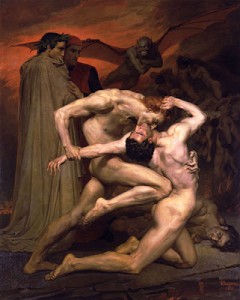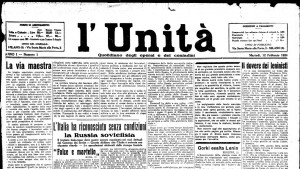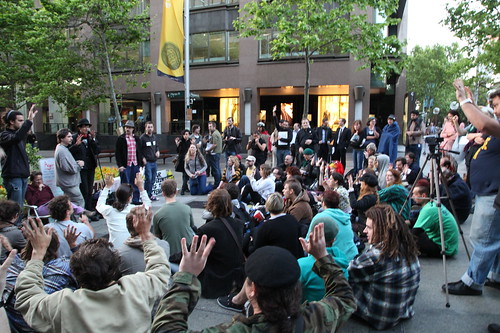
Should we believe that we should organise outside of parties, outside of the State and outside of Left or Right? That with the right process people can come together as people and produce an impetus towards progressive social change? If we strip away presumptions and allegiances can we unite a popular movement such as has never been seen before? I think these arguments show that there are many presumptions intact.
Search SoC
-
Recent Posts
Recent Comments
- S. Duncan on On The Decline and Fall of The American Empire and Socialism
- FruitLupus on On The Decline and Fall of The American Empire and Socialism
- Edith on The Case of Comrade Dallas
- James O'Brien on Wailings about Left Unity
- James O'Brien on Wailings about Left Unity
Blogroll
- Cedar Lounge Revolution Heterogeneous Irish leftist blog
- Critical Proletariat Socialist journal on labour issues in Britain
- Freenode's web chat client We often chat on the Freenode IRC network. Come chat with us on the ##marxism channel.
- From Alpha 2 Omega Hosted by Tom O’Brien this podcast features in-depth interviews with leading figures in the fields of Economics, Peak Oil, Democracy, Politics, Science, Mathematics, Philosophy, Complex Systems, Agnosticism, Permaculture, Collapse, and the Environ
- Links International Journal of Socialist Renewal Australian ecosocialist journal with ties to Green Left Weekly and the Socialist Alliance
- Marxist Center Orthodox Marxist collective website
- Marxist Internet Archive The single most useful resource for Marxists online, containing Marx’s work as well as that of most relevant theoreticians
- Marxmail: the biggest Marxism mailing list Presenting itself as a list for academics and scholars in the Marxist tradition, it’s a great resource, but thoroughly antinuclear
- No Labor-Saving Machine Studying for the struggle
- Sinistra Left communist archives, infantile disorder and all
- Weekly Worker Organ of the Communist Party of Great Britain
- World Socialist Website Organ of the ICFI. Sectarian but occasionally useful.
- Yanis Varoufakis A key resource to understand the European and Greek crises, including some potential remedies
Archives
- January 2025
- January 2022
- July 2019
- January 2019
- March 2018
- August 2017
- June 2017
- April 2017
- December 2016
- October 2016
- August 2016
- July 2016
- May 2016
- February 2016
- January 2016
- November 2015
- October 2015
- August 2015
- July 2015
- June 2015
- May 2015
- March 2015
- February 2015
- January 2015
- October 2014
- September 2014
- August 2014
- June 2014
- May 2014
- April 2014
- March 2014
- February 2014
- December 2013
- November 2013
- October 2013
- September 2013
- August 2013
- July 2013
- June 2013
- May 2013
- April 2013
- March 2013
- February 2013
- January 2013
- December 2012
- November 2012
- October 2012
- September 2012
- August 2012
- July 2012
- June 2012
Categories
Meta











 For the record this article is not an attempt by me to sketch out an all encompassing view on the uses of electoralism in the revolutionary process, as I think that such a view needs to be based upon thorough analysis of long ranging historical processes, something for which I do not have the time nor the willpower at the moment. Nevertheless this article will probably be interpreted in this way anyhow, and will (hopefully) lead to a range of good discussions on the subject of the use of elections by revolutionaries. My intention therefore is to elaborate on some thoughts I have on the subject of elections and provide a useful contribution to the discussion of elections within the radical left.
For the record this article is not an attempt by me to sketch out an all encompassing view on the uses of electoralism in the revolutionary process, as I think that such a view needs to be based upon thorough analysis of long ranging historical processes, something for which I do not have the time nor the willpower at the moment. Nevertheless this article will probably be interpreted in this way anyhow, and will (hopefully) lead to a range of good discussions on the subject of the use of elections by revolutionaries. My intention therefore is to elaborate on some thoughts I have on the subject of elections and provide a useful contribution to the discussion of elections within the radical left.